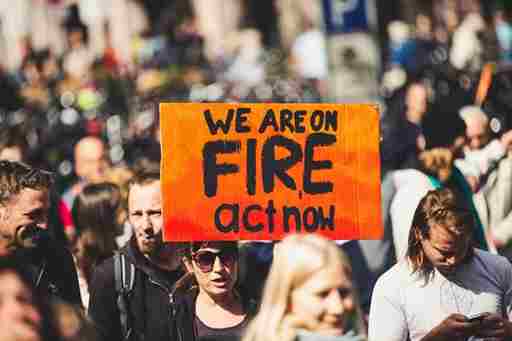For the past couple of months, I have been receiving messages and calls from concerned relatives and friends back home in Malaysia wanting to know whether I have been affected by the recent bushfires. Thankfully, like most Gold Coasters, I wasn’t physically confronted by the crisis, but of course we have all been touched by the devastating news of loss and destruction suffered by so many around us. It is awful to think the fires have claimed lives, destroyed homes, impacted at least a billion animals, and laid to waste more than 25 million acres of land.
Such events certainly bring into sharp focus what is, without doubt, the number one topic of our generation – climate change. Mainstream and social media, organisations and individuals around the world have increasingly raised concerns about the cause and effects of the problem, demanding governments implement national plans and take urgent steps to address it. Some citizens have even taken the issue to court.
In 2015, twenty-one young plaintiffs filed a lawsuit against the federal government of the United States of America (Juliana v United States), claiming it had violated the public trust, and their individual constitutional rights to life, liberty and property, by supporting a fossil-fuel-based economy in the face of evidence fossil fuels were contributing to climate change. They were asking the court to order the government implement a plan to urgently deal with the issue. About two weeks ago, the federal appeals court ruled that the order sought was beyond the court’s power. Significantly, however, it expressed support for the plaintiffs’ contention that the federal government had actively contributed to climate change (by supporting a fossil fuel based economy), and that the young plaintiffs had suffered consequent damage. It ultimately concluded, apparently somewhat reluctantly, that the relief sought by the plaintiffs was beyond the court’s constitutional power but, in so doing, recommended the plaintiffs’ case for redress be presented to the political branches of government.
People power has also been on the move back here is Australia. Just weeks into the new year, Zali Steggall (the independent MP for the federal seat of Warringah) released a statement urging “modern liberals” to support her draft legislation for a national climate change framework, which proposes to transition Australia to a decarbonised economy by 2050. Under the proposed bill, which Ms Stegall proposes to introduce into parliament sometime in March this year, a climate change risk assessment would be undertaken, followed by a national adaptation program setting out precisely what each sector must do to adapt to the effects of climate change.
But amidst all the impressive debate around how we resolve the impacts of our warming planet, as a relative newcomer to this country what has most inspired me about Australia’s response to the bushfire crisis has been the simple courage and resilience shown by the people affected. To see how united Australians can be in tough times like these – the fire fighters, the military, and the thousands of selfless volunteers who risked their lives in fighting the fires, or gave their time, energy and resources, to support those who suffered, has been both heart-warming and humbling. Unsurprisingly, their example moved other nations and people to rally in further support, raising and donating funds in record amounts to assist the families affected by these devastating fires.
Through all the media debate, the court cases and the political maneuvering, the enduring voice of the People – at its most generous, noble, and brave – has spoken out to the world, loud and clear.













